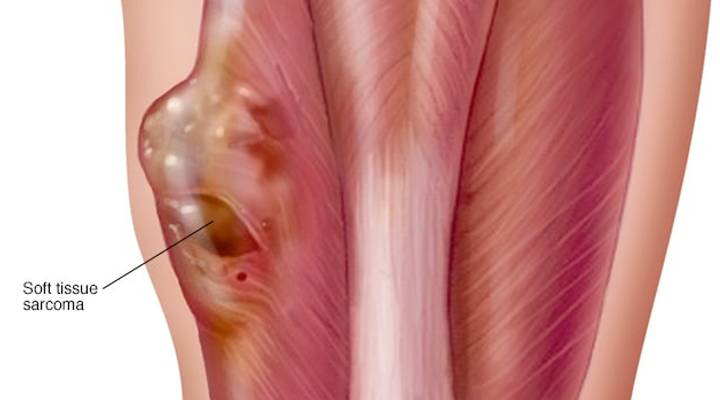New therapies can improve survival rates and quality of life in breast cancer patients

The news of getting diagnosed with cancer is difficult and terrifying. The anxiety that accompanies the treatment journey takes an emotional toll on the patient and their caregivers. However, a cancer diagnosis shouldn’t be treated as a final decree. Over the last few years, the treatment for cancer has significantly evolved. Today, there are new and advanced treatment options available to improve quality of life and make patients survive longer.
Early detection of breast cancer is critical
Breast cancer has emerged as the most common cancers in women, accounting for 14% of all cancers amongst Indian women.
Early detection is the key to a positive prognosis and recovery from breast cancer. Being alert and aware about the symptoms and regular self-examination of the breasts and the area around them can help catch the disease early.
Symptoms of breast cancer
- Noticeable mass in the breast or underarm
- Swelling of all or part of the breast
- Breast or nipple pain
- Nipple discharge
- Retraction or change in the shape of the nipple
- Dimpling or irritation of skin on the breast
- Redness, scaliness or thickening of the nipple or breast
Treatment options for management of breast cancer
Once a patient visits the doctor with symptoms of breast cancer, they undergo a series of medical examinations like mammography, ultrasound, MRI etc. to evaluate the extent and severity of the disease. Breast cancer that has spread to other parts of the body, such as the bones, lungs or liver is considered aggressive.
Depending upon the severity, the oncologist (cancer specialist) determines the treatment suitable for the patient. The doctor may use a combination of treatments to help a patient lead a cancer-free life.
If cancer hasn’t effected the entire breast, the doctor surgically removes only the infected part with the tumour/growth, which is also known as breast conserving surgery. Even if a larger portion of the breast has to be removed, patients can undergo reconstruction surgery and continue to live like before. There are techniques available to identify the presence of cancer in the lymph nodes surrounding the breast (located in and near the arm pit) and remove only those, while preserving the nearby tissues.
Other common treatment options are radiation therapy and chemotherapy. Radiation and chemotherapy kill the cancer cells and are used to ease the symptoms caused by cancer that has spread to other parts of the body. Radiation and chemo also reduce the risk of breast cancer recurring after surgery. New and advanced radiation machines and chemotherapy molecules have made the treatment more effective and with lesser side effects.
There are certain subgroups of breast cancers that spread aggressively and may have relapses after surgery and conventional treatment. For managing such cancers, targeted therapy is one of the most advanced treatment options, currently available. Targeted therapy works by blocking the proteins that signal cancer cells to divide and grow, thereby slowing or stopping the growth of cancer cells.
Some other fast-spreading subgroups of breast cancer like carcinomas and sarcomas are treated with immunotherapy, where the medicines given to the patient use the body’s own immunity (defence mechanism) to recognize and destroy cancer cells.
In some patients, the doctor may also use hormonal therapy in combination with other treatments.
Breast cancer patients can now live longer and better
The most significant change in cancer management is that oncologists over the world have recognized that even in the initial stages – when the cancer appears to be visible/present in only a part of the body, such as the breast – cancer has the capacity to affect the entire body. Take the example of high blood pressure or flu – these diseases affect almost all body parts.
Therefore, doctors have started relying on combinations of treatments, such as radiation therapy, hormonal therapy, and systemic therapy to not only treat the breast/s affected by cancer but also attack the cancer cells that may be spreading through the bloodstream.
Advanced treatment options for breast cancer have certainly changed patient outcomes, with more long-time survivors and better quality of life. However, the need of the hour is to make more women aware about the symptoms of breast cancer and the importance of visiting their doctors early.
As the World Cancer Report 2020 says, the most effective intervention for breast cancer control is early detection and rapid treatment.







